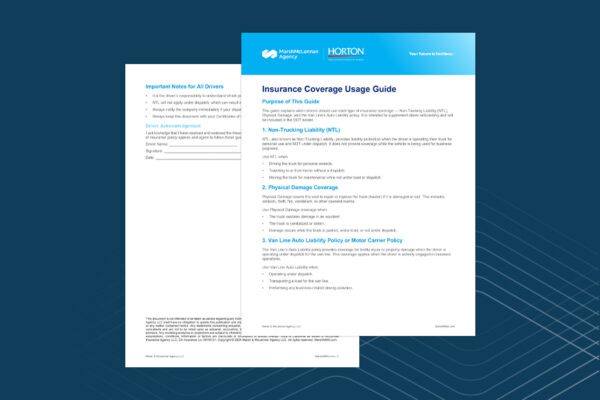Historically, employee benefits have been viewed primarily as a domain of Human Resources (HR). From health insurance and retirement plans to wellness programs and flexible work arrangements, benefits have traditionally been managed by HR teams, with finance departments playing a secondary, even peripheral role. This division of responsibilities was rooted in the perception that benefits are primarily a cost center and a matter of employee satisfaction, rather than a strategic financial concern.
However, in recent years, this traditional view has begun to shift dramatically. CFOs are increasingly taking a proactive interest in benefits, recognizing their strategic importance in driving overall business performance, and enhancing talent acquisition and retention, in addition to managing costs. Below, we’ve listed several factors that are fueling this change.
-
Benefits as a Strategic Talent Tool
In a competitive labor market, benefits are a key differentiator for attracting and retaining top talent. CFOs understand that comprehensive, innovative benefits packages can reduce turnover, improve employee engagement and foster a more productive workforce. By aligning benefits strategies with broader business goals, CFOs see benefits as a strategic asset rather than just a cost.
-
Cost Management and Financial Optimization
The most obvious area where Finance and HR departments clash is cost. Benefits programs represent a significant portion of a company’s expenses. CFOs are now scrutinizing these costs more closely, seeking ways to optimize spending without compromising employee well-being. This includes leveraging data analytics to identify cost-saving opportunities, negotiating better terms with providers, and exploring alternative benefit models that deliver value more efficiently.
-
Risk Management and Compliance
Regulatory changes and increasing scrutiny around benefits—such as healthcare mandates, retirement plan regulations, and data privacy laws—require a sophisticated understanding of the financial and legal implications. CFOs, with their expertise in risk management, are well-positioned to oversee compliance efforts and mitigate potential liabilities associated with benefits programs.
-
Integration with Overall Financial Strategy
Benefits are increasingly viewed as part of the broader financial ecosystem of the organization. CFOs are integrating benefits planning into financial forecasting, budgeting and long-term strategic planning. This holistic approach ensures that benefits initiatives support the company’s financial health and sustainability.
-
Data-Driven Decision Making
Advancements in data analytics and technology have empowered CFOs to analyze benefits-related data more effectively. They can now assess the ROI of various benefits offerings, predict future costs and tailor programs to meet evolving employee needs – all from a financial perspective.
-
Enhancing Employee Experience and Corporate Culture
CFOs recognize that benefits influence not only individual employee satisfaction but also overall corporate culture. A positive benefits experience can improve morale, foster loyalty, and enhance the company’s reputation – all of which have tangible financial benefits.
Final Thoughts
Finance and HR have traditionally been seen as complimentary pieces at best, and at times even as interlopers in one another’s domains. But we’re now seeing the Finance and HR departments in the most forward-thinking organizations drawing together in greater alignment of goals and strategic interest than we ever have before.
While benefits have traditionally been the domain of HR, the evolving landscape of workforce management, regulatory complexity and financial strategy is prompting CFOs to take a more active role. By integrating benefits into the broader financial and strategic framework, CFOs are helping organizations optimize costs, manage risks, and build a more engaged, resilient workforce. This shift underscores the growing recognition that benefits are not just a line item on the expense report – they are a vital component of a company’s long-term success.
It’s a fascinating time and one can’t help but wonder how far it can go. Personally, I believe that the winning organizations will be those that best blend the strengths of both Finance and HR to find an advantageous outcome.
Material posted on this website is for informational purposes only and does not constitute a legal opinion or medical advice. Contact your legal representative or medical professional for information specific to your legal or medical needs.




